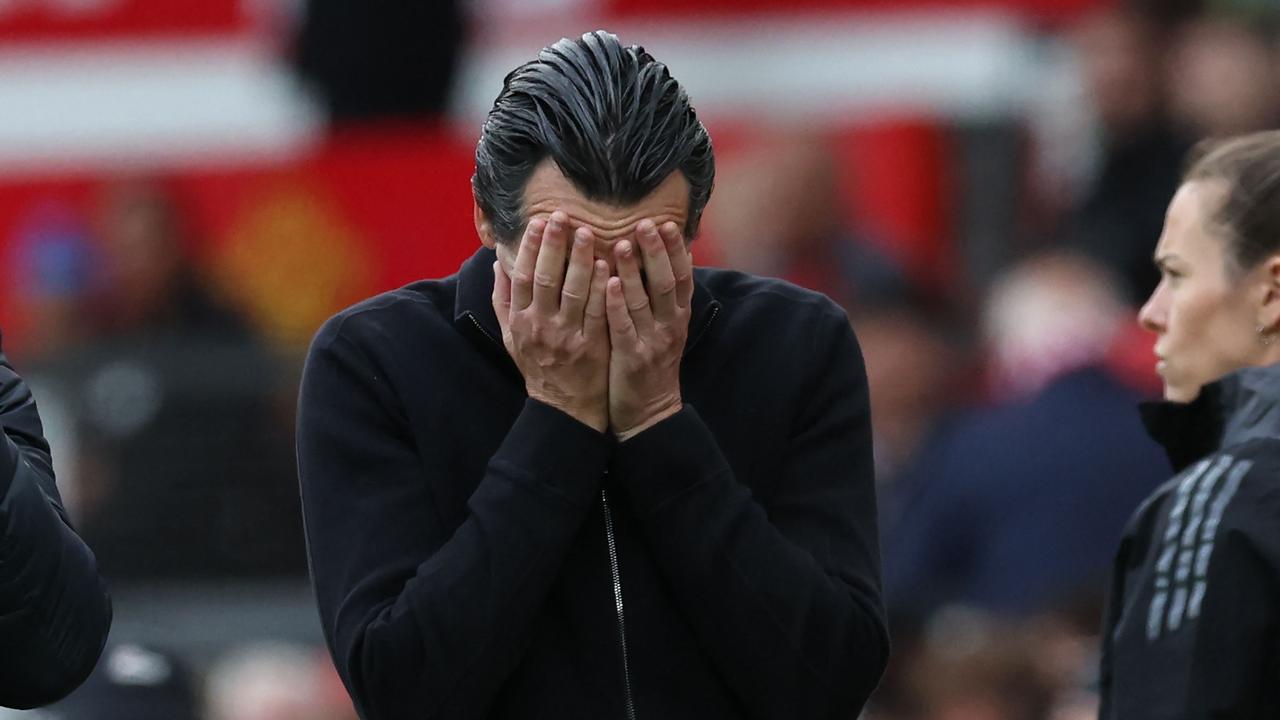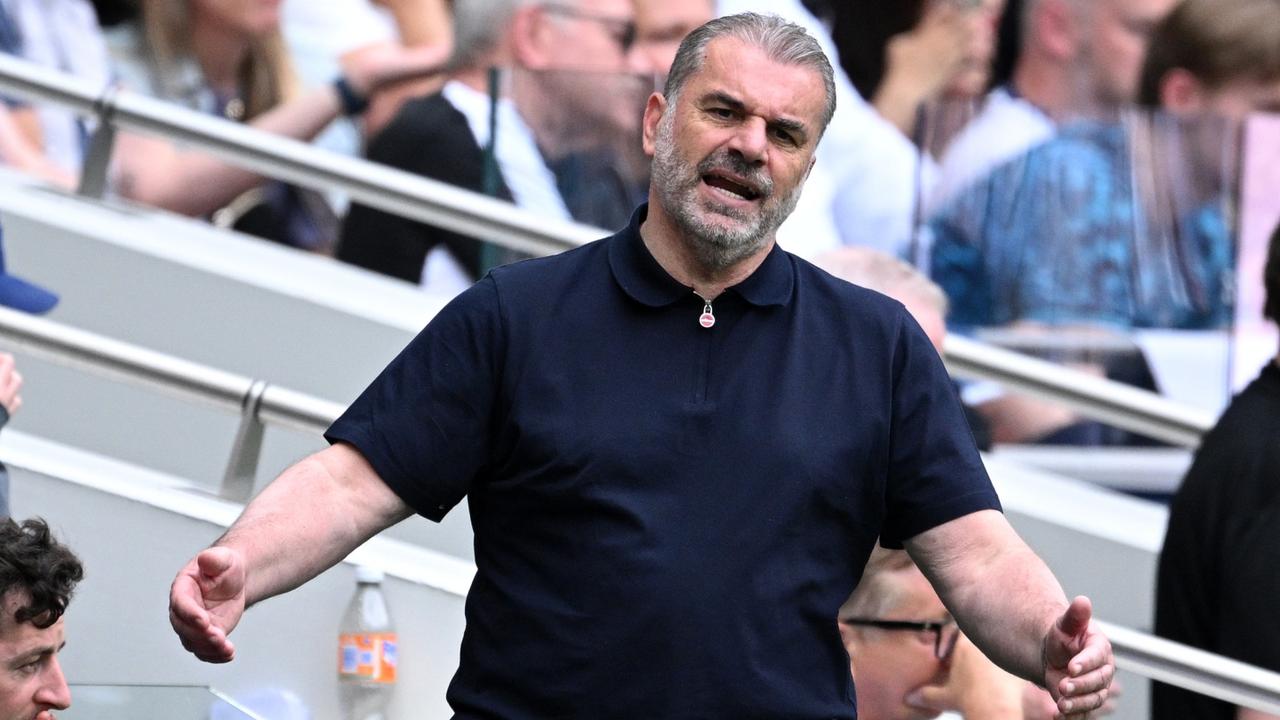Spurs boss tells cashed up EPL players to ‘do their bit’
English Premier League clubs are pushing for squads to accept wage cuts after the Tottenham Hotspur chairman Daniel Levy called on players to “do their bit”.
English Premier League clubs are pushing for squads to accept wage cuts after the Tottenham Hotspur chairman Daniel Levy called on players to “do their bit” to help football cope with the coronavirus crisis.
Spurs have imposed a 20 per cent pay cut on all 550 non-playing staff in a move that leaves players in an embarrassing position if they refuse to accept a reduction in their substantial salaries.
The Professional Footballers’ Association (PFA) has been holding out for wage deferrals rather than pay cuts for players and will resume talks with the Premier League and EFL. Newcastle United have announced their non-playing staff will be placed on furlough leave, while on Tuesday Steve Clarke, the Scotland manager, and Ian Maxwell, the SFA chief executive, had 10 per cent wage cuts confirmed.
The average EPL player earns £3.6 million ($7.3m) a year and Levy warned of the economic calamity facing football, pointing out that players at some of Europe’s leading clubs have accepted wage cuts of between 20 and 70 per cent.
He said: “We have seen some of the biggest clubs in the world such as Barcelona, Bayern Munich and Juventus take steps to reduce their costs. Yesterday, having already taken steps to reduce costs, we ourselves made the difficult decision — in order to protect jobs — to reduce the remuneration of all 550 non-playing directors and employees for April and May by 20 per cent utilising, where appropriate, the government’s furlough scheme. We hope the discussions between the Premier League, PFA and LMA (League Managers Association) will result in players and coaches doing their bit for the football ecosystem.”
Some clubs have expressed concerns that agents will try to stop players accepting a pay cut, and the PFA’s chief executive Gordon Taylor confirmed the union would prefer to see clubs defer wages on the basis that the season will be completed at some stage.
Taylor told The Times: “We want to hold things together and have a joint approach rather than have an ad hoc approach where each club does their own thing.”
Leeds United and Birmingham City have unilaterally agreed wage deferments with their playing squads. The Premier League clubs will make a decision at a meeting on Friday.
Spurs’ announcement came as club accounts revealed that Levy is the highest-paid club executive in the Premier League and was paid £7m last season, which included a £3m bonus for the completion of the club’s new stadium. The accounts show Spurs have a £637m loan from the stadium to service.
Harry Kane, the Spurs captain, created uncertainty over his future on Sunday by saying he could leave the club if they do not improve, and Levy’s statement suggested many in football have not grasped the size of the crisis.
Levy said: “When I read or hear stories about player transfers this summer like nothing has happened, people need to wake up to the enormity of what is happening around us. Football cannot operate in a bubble.”
Spurs and Newcastle’s decision to use the UK government’s coronavirus job retention scheme, which allows staff to claim 80 per cent of their wages to a maximum of £2500 per month, has raised eyebrows.
Levy’s basic salary of £4m is considerably more than the £3.2m earned by the Manchester United executive vice-chairman Ed Woodward. He will take a 20 per cent pay cut along with other club directors as part of the cost-saving measures but that will still put him above Woodward.
Meanwhile, UEFA will tell its 55 member associations of the latest options being drawn up by its emergency group looking at the calendar. Several scenarios have been worked on, with the most optimistic looking at finishing before the end of June and one with matches resuming in August, with next season delayed and shortened.
The Bundesliga is forming a plan to resume matches behind closed doors but with players and staff being tested for the virus immediately before match days and a “minimal workforce” in the venue.
FIFA is planning to use some of its £2.2 billion cash reserves to set up a fund to help member associations struggling because of the crisis.
THE TIMES


